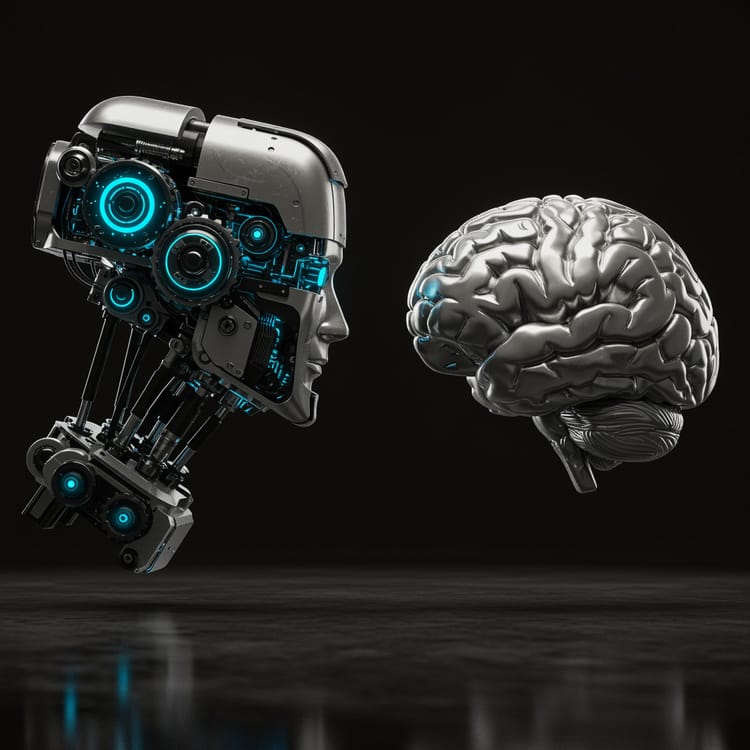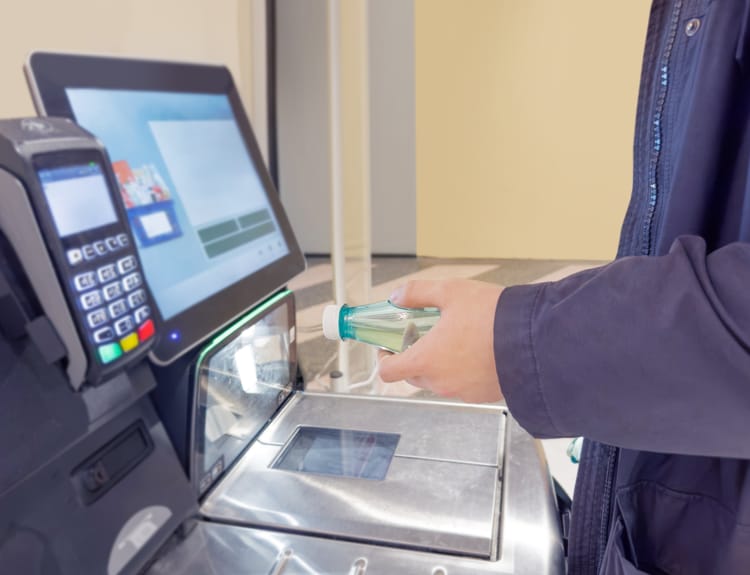Unlocking the true value of AI

Artificial Intelligence (AI) is rapidly transforming industries, promising unprecedented efficiencies and new capabilities. Yet, as businesses race to adopt AI, a sobering reality is emerging—widespread job losses across sectors. From manufacturing floors to retail counters, automation and intelligent systems are replacing roles that once required human hands and minds.
In manufacturing, robots and smart systems have automated repetitive tasks, leading to significant layoffs. In finance, algorithms now handle risk assessment, trading, and customer service, reducing the need for large teams. Even creative fields like journalism and design are seeing AI-generated content and artwork, threatening traditional roles. Retail, logistics, healthcare, and transportation are all experiencing similar disruptions.
Pitfalls of unplanned AI implementation
The urge to introduce AI is irresistible for many business leaders, driven by the promise of cost savings and competitive advantage. But is this rush always justified?
Despite the clear risks, many organizations are rolling out AI solutions without adequate planning or analysis. The result? Instead of streamlined operations and improved ROI, businesses often face additional effort, confusion, and wasted resources. AI systems can be complex, requiring integration with existing processes, retraining of staff, and ongoing oversight. Without a clear understanding of workflows and objectives, AI can create more problems than it solves.
For example, deploying an AI-powered customer service bot without mapping out common queries and escalation paths can frustrate customers and overload human agents. In manufacturing, poorly integrated automation can lead to bottlenecks and safety issues. The lesson is clear: technology alone is not a silver bullet.
Path to successful AI integration
To truly benefit from AI, organizations must take a holistic approach. This means:
- Understanding Processes: Before introducing AI, leaders must analyze existing workflows and identify areas where automation can genuinely add value.
- Adapting Procedures: Processes may need to be redesigned to accommodate AI, ensuring that technology complements human skills rather than simply replacing them.
- Investing in Leadership: Effective change management is crucial. Leaders must communicate the vision, provide training, and support employees through the transition.
- Measuring ROI: Success should be tracked not just in terms of cost savings, but also in improved customer experience, employee satisfaction, and long-term sustainability.
With the right leadership, processes, and procedures, AI can be a powerful tool for growth rather than a source of disruption.
SAI Group: AI in action in UK retail
A compelling example of thoughtful AI implementation comes from SAI Group, which is associated with three of the top five retail chains in the UK. Our visual AI platform is revolutionizing loss prevention at checkout counters and in store aisles. By leveraging advanced computer vision, SAI Group’s solution can identify and prevent theft, detect suspicious customer activity such as bagging without payment, stacking items, partial payments, and more.
This technology not only reduces shrinkage but also enhances the overall shopping experience by ensuring safety and fairness. Importantly, SAI Group’s approach demonstrates how AI can be integrated into existing retail processes to deliver tangible benefits—when guided by clear objectives and robust procedures.
Balancing innovation and responsibility
AI is here to stay, and its impact on jobs and industries will only grow. The challenge for business leaders is to balance the irresistible urge to innovate with the responsibility to plan, analyze, and adapt. By understanding processes, investing in people, and implementing AI thoughtfully, organizations can unlock efficiencies and create new opportunities—rather than simply cutting costs at the expense of their workforce.
The future of work will be shaped not just by technology, but by the choices we make today. Let’s ensure those choices lead to progress for all.
About SAI
As a leader in computer vision technology, SAI Group delivers cutting-edge, multi-modal AI solutions into retail environments. Using a unique platform approach, its technology uses existing camera systems to target losses, increase store safety, and underpin operational efficiencies.
All solutions are built from the ground up to ensure the highest levels of security and data protection, respecting the privacy expectations of the public and operating to stringent ethical standards while delivering substantial value to our clients. Globally, SAI monitors millions of transactions per day, protecting the revenues from tens of millions of product sales and hundreds of millions of customer interactions. Its models also accurately identify anti-social behaviour, aggression and violence, helping to de-escalate situations with real-time interfaces to security officers and operations centres.



